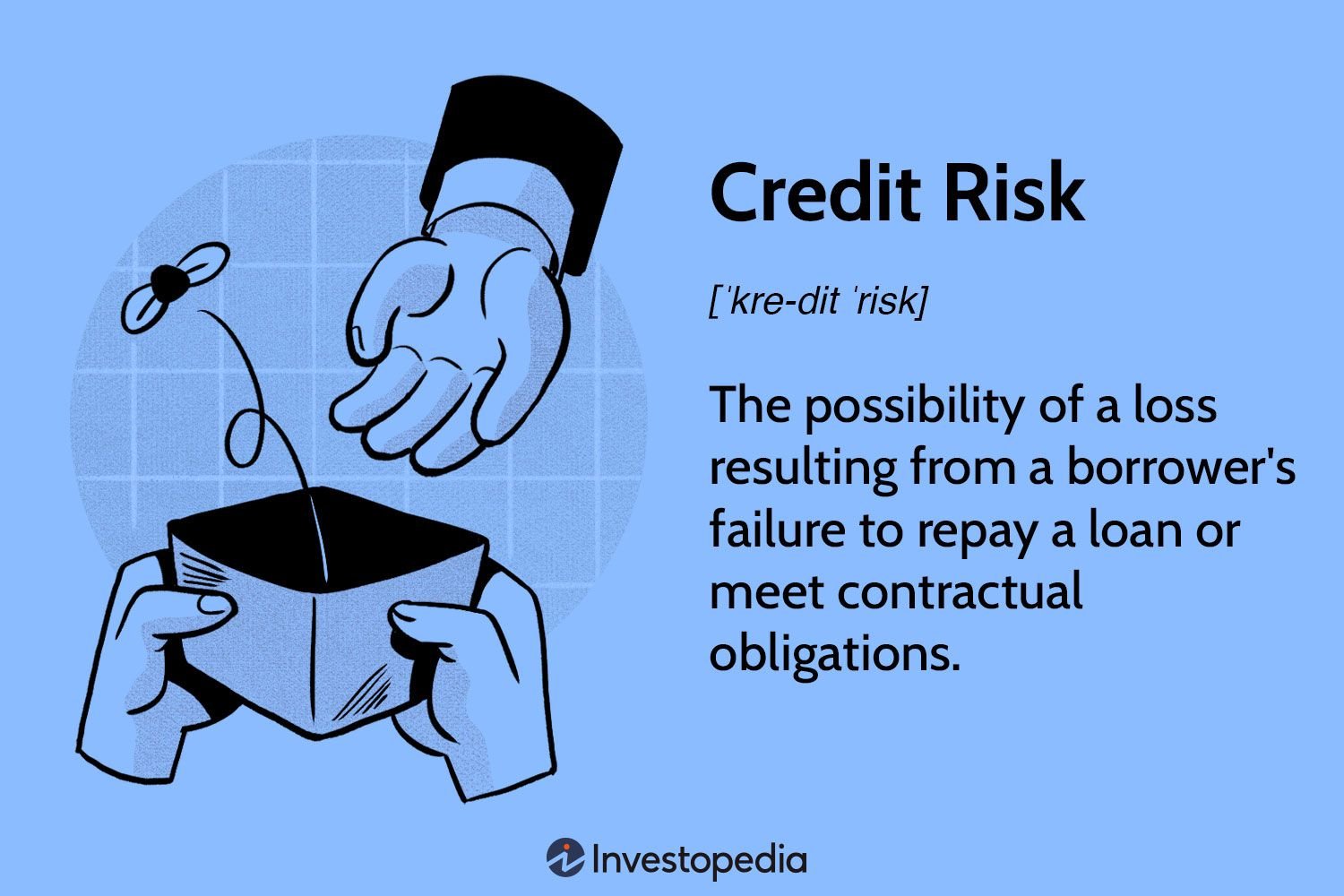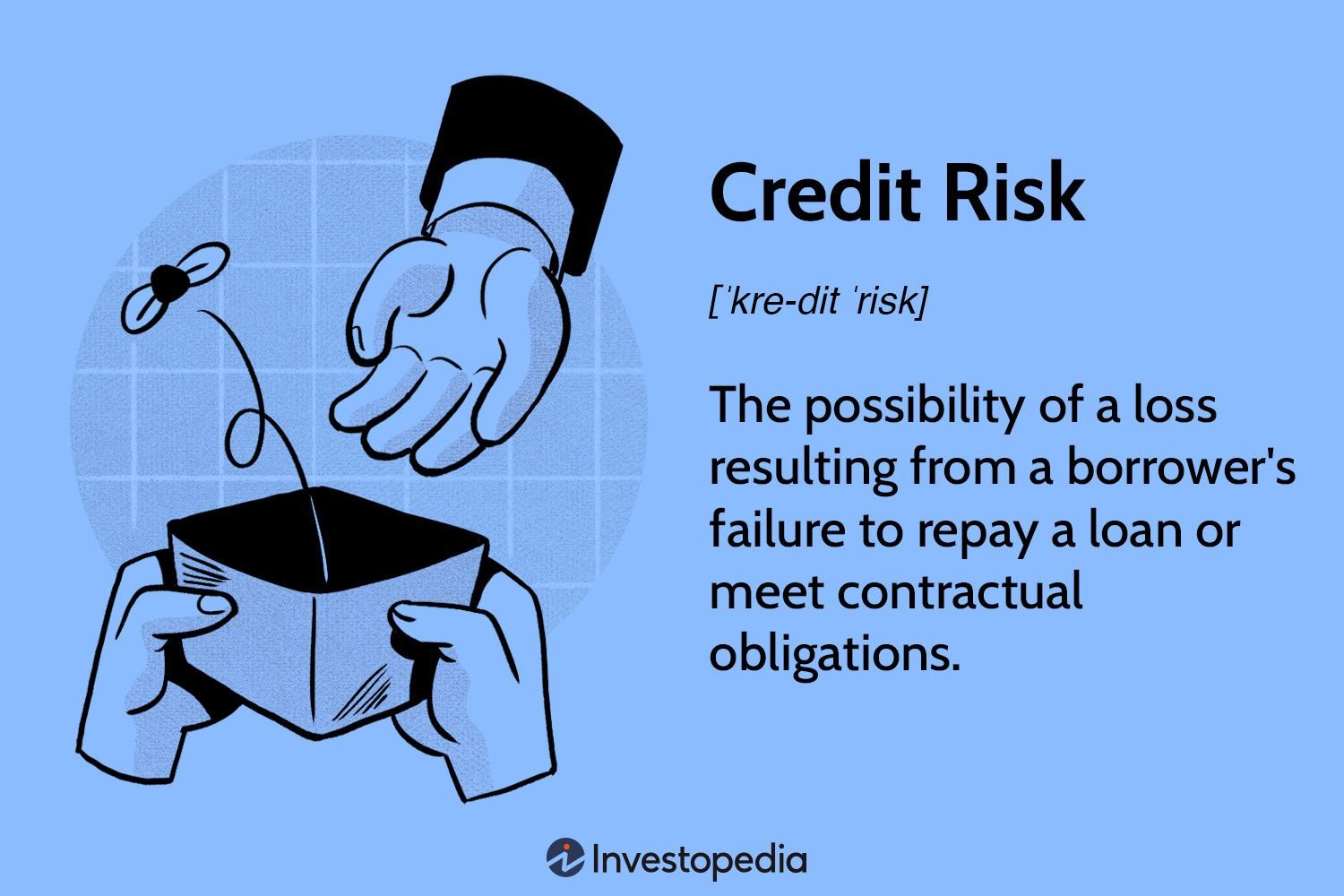Looking to start or expand your family but not sure how to financially plan for it? Don’t worry, we’ve got you covered! In this article, we’ll guide you through the essential steps on how to financially plan for family expansion. From setting a budget to exploring different savings options, we’ll help you navigate the financial aspect of starting or growing your family. So if you’re ready to take the next step in your journey and ensure a secure and stable future for your expanding family, read on!
How to Financially Plan for Family Expansion
Introduction
Planning for a growing family is an exciting time in anyone’s life. However, it can also bring its fair share of financial challenges. From prenatal care and baby gear to education and saving for the future, expanding your family requires careful financial planning. In this article, we will guide you through the process of financially preparing for family expansion, ensuring a stable and secure future for both you and your children.
Assessing Your Current Financial Situation
Before embarking on any financial planning journey, it is crucial to assess your current financial situation. Understanding where you stand financially will help you make informed decisions and set realistic goals. Here are some key steps to consider:
1. Review Your Income and Expenses
Take a comprehensive look at your household income and monthly expenses. Evaluate your sources of income, such as salaries, investments, and any additional income streams. Next, create a detailed budget that outlines your fixed expenses (mortgage/rent, utilities, insurance) and variable expenses (groceries, dining out, entertainment). Identifying areas where you can potentially reduce expenses will free up funds for family expansion.
2. Evaluate Your Debt and Savings
Determine your current debt level, including credit card debt, student loans, and outstanding balances on any other loans. It’s essential to have a clear understanding of your debt obligations, as they can impact your ability to save and invest for your family’s future. Additionally, evaluate your current savings and emergency fund. Aim to maintain three to six months’ worth of living expenses in an easily accessible account to handle unforeseen circumstances.
3. Explore Insurance Options
Having adequate insurance coverage is crucial when starting or expanding a family. Review your existing policies, such as health insurance, life insurance, and disability insurance. Ensure that your coverage meets your family’s needs and consider increasing it if necessary. Supplemental policies like maternity/paternity coverage and additional life insurance can offer extra protection during this time.
Creating a Family Budget
Building a robust family budget is a vital step in financially planning for family expansion. It provides a roadmap for managing your finances and allows you to allocate funds for various expenses. Here’s how you can create an effective family budget:
1. Estimate Future Costs
When expanding your family, it’s important to anticipate the additional costs that come with it. Consider factors like prenatal care, birthing expenses, baby gear, child care, education, and healthcare. Research current prices and consult with other parents to get a realistic estimate of what to expect.
2. Categorize Your Expenses
Divide your expenses into categories, making it easier to identify areas where you can cut back and allocate funds accordingly. Common categories include housing, transportation, groceries, utilities, entertainment, and child-related expenses. Don’t forget about long-term expenses like college savings and retirement contributions.
3. Set Financial Goals
Now that you have estimated the costs and categorized your expenses, it’s time to set specific financial goals. Determine how much you need to save each month to cover immediate and future expenses. Consider short-term goals like setting up a baby fund and long-term goals like saving for college or a down payment on a larger home.
4. Track and Adjust
Once you’ve established your budget, it’s crucial to track your spending and adjust as needed. Regularly review your budget to ensure you’re staying on track and make changes when circumstances change. Many online tools and mobile apps are available to help simplify the tracking process, making it easier to monitor your progress.
Saving and Investing for Family Expansion
Saving and investing are essential components of financial planning for family expansion. They provide a secure foundation for your family’s future needs. Consider these strategies to maximize your savings and investments:
1. Prioritize an Emergency Fund
Building and maintaining an emergency fund is crucial before expanding your family. Aim to save three to six months’ worth of living expenses in a separate account designated for emergencies only. This fund will offer peace of mind and act as a safety net during unforeseen circumstances, such as medical emergencies or unexpected job loss.
2. Start a Dedicated Baby Fund
Creating a dedicated baby fund will help you save for immediate expenses associated with your growing family. Allocate a portion of your monthly budget towards this fund, contributing regularly to cover costs like baby gear, medical bills, and child care expenses. Automating your savings by setting up automatic transfers to this fund can help you stay consistent.
3. Explore Education Savings Options
Education is a significant long-term expense to consider when expanding your family. Look into different education savings options, such as 529 plans or education savings accounts (ESAs). These plans offer tax advantages and can help you save specifically for your child’s future education expenses.
4. Invest for Long-Term Goals
While saving is crucial, investing can help your money grow over time. Consider investing in long-term growth-focused accounts like retirement plans (such as a 401(k) or IRA) and brokerage accounts. Consult with a financial advisor to determine the best investment strategies based on your risk tolerance, goals, and time horizon.
Preparing financially for family expansion is a journey that requires careful planning and consideration. By assessing your current financial situation, creating a family budget, and implementing saving and investing strategies, you can set a solid foundation for your growing family’s future. Remember to regularly review and adjust your financial plan as your family expands and your circumstances change. With proper financial planning, you can provide a secure and fulfilling future for both you and your loved ones.
How to Write a Financial Plan | Family Financial Planning Guide
Frequently Asked Questions
Frequently Asked Questions (FAQs)
1. How can I financially plan for family expansion?
Creating a financial plan for family expansion involves several key steps. First, assess your current financial situation by evaluating your income, expenses, and savings. Next, estimate the costs associated with expanding your family, including healthcare, education, and living expenses. Set specific goals for saving and budgeting to meet these future expenses. Consider exploring insurance options to protect your family’s financial well-being. Finally, regularly review and adjust your plan as needed to stay on track.
2. What are the benefits of starting a dedicated savings account for family expansion?
Opening a dedicated savings account for family expansion offers several advantages. It helps you separate your funds specifically for this purpose, ensuring that they are not used for other expenses. Additionally, having a designated account allows you to track your progress towards your financial goals more easily. It also promotes disciplined saving habits and provides a sense of security knowing that you have funds set aside for future needs.
3. Should I consider increasing my emergency fund when planning for family expansion?
Yes, it is advisable to increase your emergency fund when financially planning for family expansion. Expanding your family brings new responsibilities and potential unexpected expenses. Having a larger emergency fund provides a buffer for any unforeseen circumstances such as medical emergencies or temporary loss of income. Aim to save at least three to six months’ worth of living expenses in your emergency fund to ensure financial stability during the transition.
4. What role does insurance play in financial planning for family expansion?
Insurance plays a vital role in financially planning for family expansion. Consider obtaining health insurance coverage that includes maternity benefits to help manage medical costs associated with pregnancy and childbirth. Life insurance is also crucial, particularly if you have dependents. It offers financial protection for your family in the event of your untimely death, ensuring they can maintain their lifestyle and cover future expenses.
5. Is it necessary to revise my budget when preparing for family expansion?
Yes, it is essential to revise your budget when preparing for family expansion. Assess your current spending patterns and identify areas where you can adjust to accommodate the additional expenses associated with a growing family. Allocate funds specifically for childcare, education, healthcare, and overall daily expenses. Adapting your budget helps you prioritize your family’s needs and ensure you are on track to meet your financial goals.
6. How can I save money on childcare expenses?
Childcare expenses can significantly impact your budget, but there are ways to save money. Start by researching different childcare options and compare costs. Consider alternatives such as sharing a nanny with another family or joining a cooperative preschool. Additionally, explore any tax benefits or assistance programs available in your area that can help offset the cost of childcare.
7. What are some cost-effective ways to prepare for a baby’s arrival?
Preparing for a baby’s arrival can be done in a cost-effective manner. Instead of buying brand new items, consider purchasing gently used baby items from consignment stores or online marketplaces. Take advantage of sales and discounts when stocking up on essentials like diapers and formula. Borrowing or renting larger items, such as cribs or strollers, can also help save money. Lastly, focus on purchasing the most essential items initially and gradually acquire others as needed.
8. Should I consider investing for my family’s future during family expansion?
Investing for your family’s future is an excellent strategy during family expansion. Consider long-term investment options such as mutual funds, stocks, or retirement accounts. These investments have the potential to grow your wealth over time. However, make sure to assess your risk tolerance and consult with a financial advisor to determine the best investment approach based on your goals and time horizon.
Final Thoughts
In conclusion, planning for family expansion requires careful financial considerations. Start by assessing your current financial situation and creating a budget that accounts for additional expenses. Research and explore different savings options, such as setting up an emergency fund and contributing to a college fund. Consider investing in life insurance and updating your estate plan to protect your family’s financial future. Regularly review and adjust your financial plan as your family grows and circumstances change. By prioritizing financial planning and being proactive, you can ensure a stable and secure future for your expanding family.



